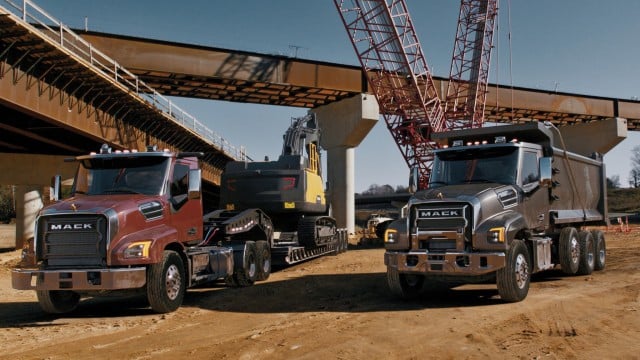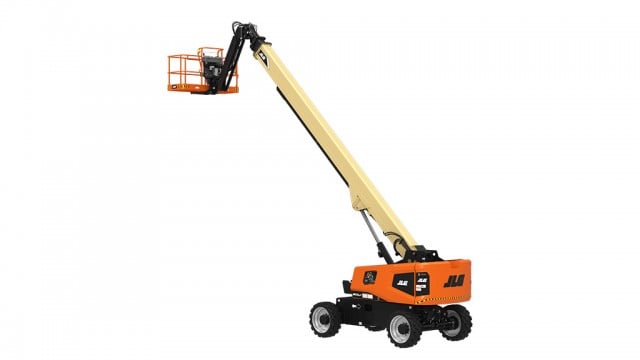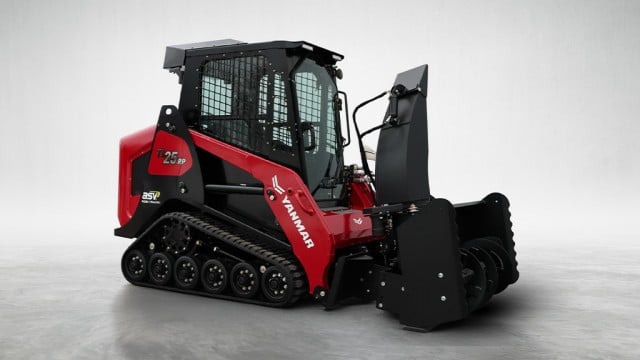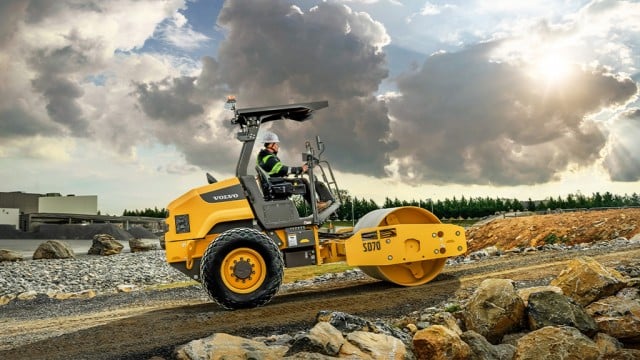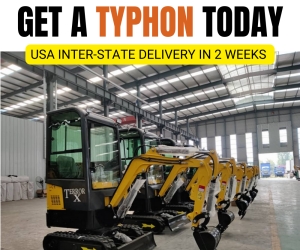Skidders: What They Are And How To Ship
Skidders are considered heavy and oversized loads, and conventional transportation methods are ineff The post Skidders: What They Are And How To Ship appeared first on Heavy Haulers Blog.

Skidders: What They Are And How To Ship
Forestry operations require specialized tools designed to carry out tasks with minimal environmental degradation. Such machines, like skidders, are heavy machinery requiring professional shipping services to haul them safely. Shipping a skidder is a job for licensed, insured, and bonded experts with years of experience to ensure this unique piece of equipment is safely delivered.

What is a Skidder?
Skidders are innovative heavy-duty forestry machinery designed with attachments and front power to pull heavy logs and cut trees out of the forest to a designated or landing area. When pulling these loads, the equipment skids across the terrain, which is how it gets its name: skidder.
Logging processes can be challenging without a skidder, so you need to know what it is, the various types, and how to ship it. Getting the right skidder is vital for efficient, safe, and reliable forestry operations, including legal compliance with environmental conservation laws.
Skidders are important for log extraction, productivity, environmental stewardship, and safety. They work in rugged terrain and haul logs weighing several tons. Their unique role in forestry makes them an indispensable tool.
Skidder Types and What They’re Used For
Skidders are designed in various types and configurations, each with benefits and drawbacks. There are two classes or types of skidders, each with a differentiating function. These include:
- Cable skidder
- Grapple skidder
Cable Skidder
A cable skidder is designed to operate using a cable that wraps around logs or cut trees. It has a skid line with attached chokers. The size and weight of the load determine the number of chokers used. This type is also called a winch skidder.
During forestry operations or logging, the winch drags the cut trees or logs from the harvesting point to a centralized landing location. When getting these machines, it’s vital to consider the operation area.
For instance, the cable skidder is mainly utilized in steep terrain or regions with obstacles where grapple skidders may be challenging to navigate or maneuver. The machine also requires a second operator outside the equipment to wrap cables.
Grapple Skidder
As the name suggests, this skidder type utilizes a hydraulic grappling system with grapples connected to the boom, allowing it to move heavy logs. The claw is attached to the back to pick and drag cut trees or logs. Grapple skidders are regarded as more productive than cable skidders.
It’s versatile and reliable for extracting cut trees or logs from the forest floor and loading them onto trucks or trailers. Because of its grappling system, it doesn’t need a second operator.
When shipping a skidder, it’s vital to consider the type, size, weight, and destination and work with experienced and reliable experts offering reputable transportation services. Such professionals understand the uses of a skidder and will guide you on the best and most reliable ways to transport your equipment.

How to Safely Ship a Skidder
These equipment are considered heavy and oversized loads, and conventional transportation methods are inefficient and unsafe. After identifying and acquiring your preferred skidder type, it’s important to ensure it’s safely hauled and delivered on time.
Legal regulations govern shipping heavy and oversized equipment, which only an experienced and licensed professional can navigate. Without such expert haulers, safely shipping a skidder is nearly impossible.
Because of their size, weight, and complex design, only open-deck trailers, such as RGN, Flatbed, Step Deck, and Lowboy trailers, are suitable for shipping securely. When shipping a skidder:
- Conduct a documented risk assessment
This helps ensure you understand and can handle any risky situation.
- Determine the characteristics of your skidder
Assess your equipment and determine its weight, size, and design for compliance with DOT regulations and maximized hauling safety.
- Inspect your Truck or Trailer
The shipping company usually does this to pick the right trailer with enough power to haul your skidder safely.
- Ensure the loading area is secure
When loading your skidder, the experts ensure the trailer and loading area are clean and free of obstacles, with enough loading space.
- Secure your skidder on the trailer deck
Secure your machine on the trailer deck using the correct gadgets like straps, chains, binders, and anchors. Also, ensure all the equipment components, such as covers, tailgates, and articulation points, are secured, and lock all doors.
- Get the required permits and document
Finally, verify all the safety measures before moving your equipment and confirm you have all the required legal documents.
Skidders are versatile equipment that requires proper and safe handling. While they are commonly used in forestry, especially logging, they can also be used in other work sites, such as mining and construction, where heavy loads must be moved. When shipping a skidder, consider the reliable, licensed, and proven services of Heavy Haulers, which has over a decade of experience.
The post Skidders: What They Are And How To Ship appeared first on Heavy Haulers Blog.

 machineryasia
machineryasia 

